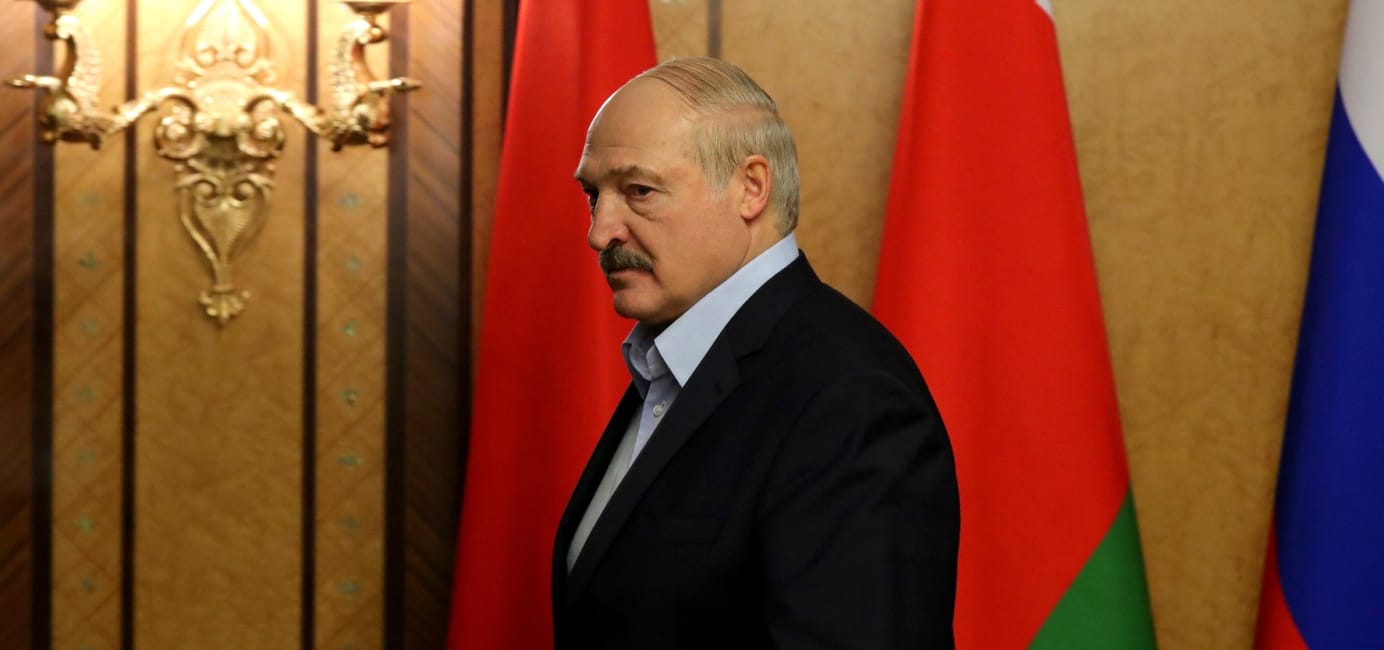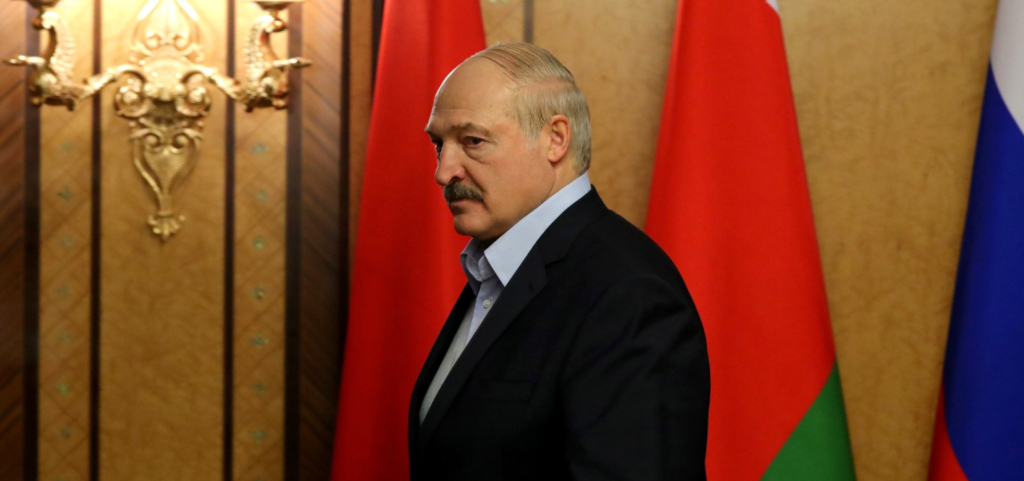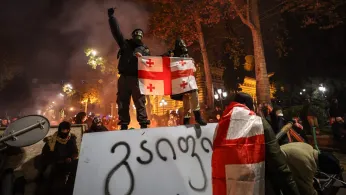
Belarus heads for political turmoil as election approaches
As Putin puts the pieces in place to remain president through 2036, his Belarussian counterpart Alexander Lukashenko is facing a serious political challenge. Belarus will hold presidential elections on August 9 and, according to surveys, Lukashenko will get only a tiny percentage of the vote. Two of his three main opponents have already been arrested.

- Lukashenko has been ruling Belarus for 26 years, longer even than Putin has led Russia. To date, he has won elections by combining populism and brutal crackdowns (including the murder of opposition politicians). But now ‘Europe’s last dictator’ is facing a perfect storm. In addition to unhappiness with Lukashenko, Belarus is locked in a conflict with Moscow. Financially dependent on Russia, Belarus is facing an economic disaster. The coronavirus was the latest blow, and empty government coffers forced Lukashenko to become the only ‘Covid-19 dissident’ among European leaders.
- The Belarussian economy, like its Russian counterpart, has stagnated over the last decade (average GDP growth of 1.1 percent since 2011). But while the Russian authorities have ensured financial stability, Belarus’ external debt has risen (Rus) to 34 percent of GDP. This is the result of failed attempts to revive a Soviet-style planned economy with new industrial equipment purchased in the West. Lukashenko was able to carry out these sorts of economic experiments because of his friendship with Russia: Belarus traditionally received cheap Russian oil and sold it to the West at a large mark-up. However, Lukashenko fell out with the Kremlin last year when he blocked political integration with Russia (this was one scenario to allow Putin to preserve power through 2036) and Belarus lost its oil discount. The Belarusian economy was already in recession when the coronavirus hit.
- In the past, Lukashenko would have raised the salaries of state employees ahead of an election. But the state’s coffers are empty. And Lukashenko even became a ‘Covid-19 denier’ in a desperate attempt to keep the economy on track. Lukashenko coined the term “coronapsychosis”, and refused to implement a lockdown. “From the outset he said there was no extra money. Maybe this was the truth, but it really angered people,” according to Belarussian political analyst Artyom Shraibman.
- In the elections, Lukashenko has three main opponents. The first is popular video blogger Sergey Tikhanovsky: he was arrested first. After his detention, his wife, Svetlana, registered as a candidate in his place. The second is Viktor Babariko, the former head of bank Belgazprombank, which is owned by Russia’s state-owned gas giant Gazprom. There is some speculation Babariko may be the Kremlin’s candidate, but Belarussian experts don’t agree. Babariko was arrested in mid-June on embezzlement charges. The third candidate is IT businessman, Vyacheslav Tsepkalo, who was simply removed from the ballot. Tikhanovskaya and Babariko are still in the race, but the electoral commission has a week to find a reason to remove them.
- It is unclear how Lukashenko plans to get out of this sticky situation. Polling by Belarussian media (there are no independent sociologists in the country) gives Lukashenko no more than 10 percent of the vote. The most popular challenger is Babariko, who managed to get 435,000 signatures in support of his candidacy (about 5 percent of Belarus’ entire population). Even if the frontrunners are removed from the ballot, the protest vote for any candidate other than Lukashenko is likely to be big.
Why the world should care Minsk has traditionally played Russia and the West off against one another, and the consequences could be dramatic if the political situation in Belarus spins out of control. Lukashenko is a consummate political survivor, but his future has never looked so uncertain.



